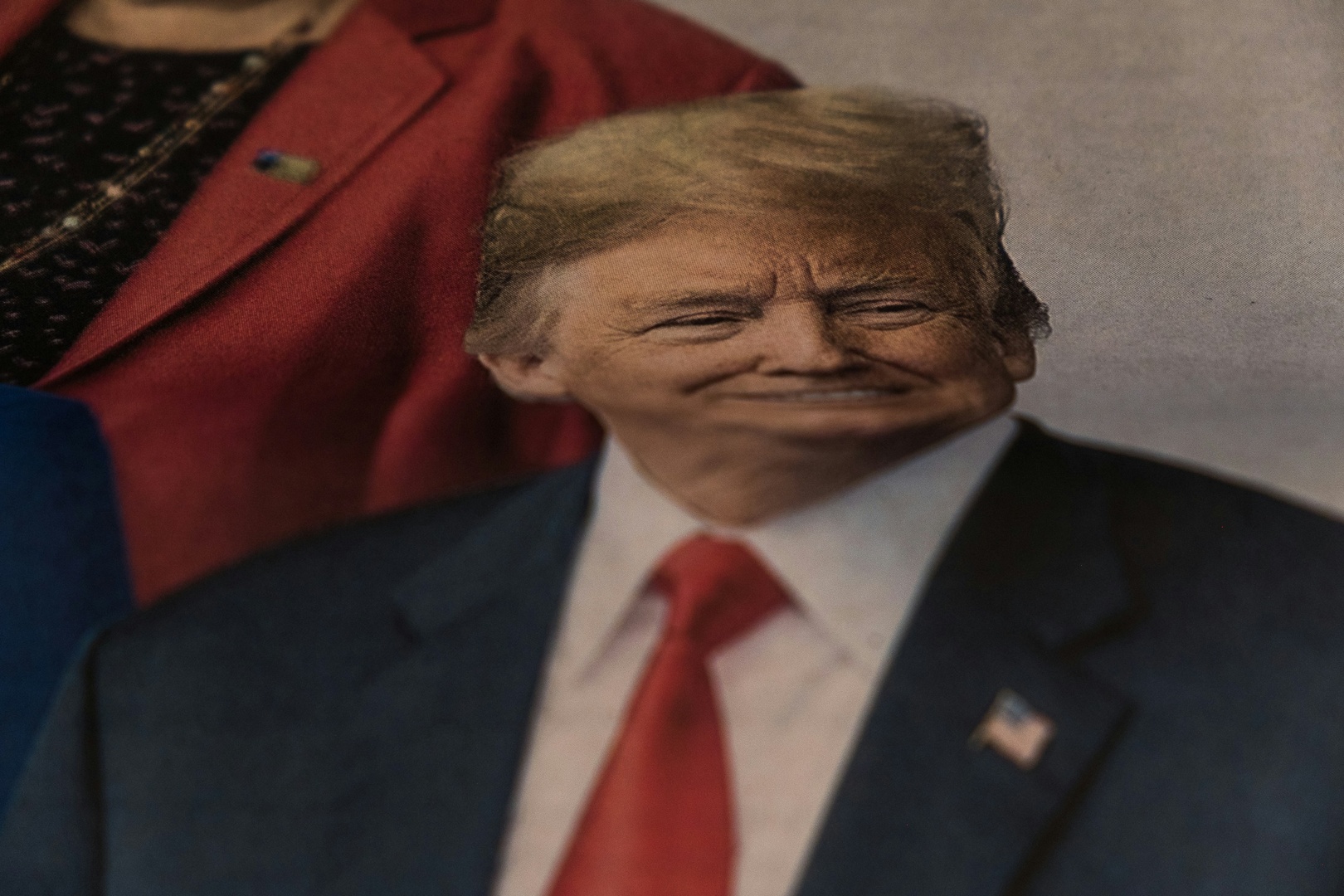The Shift in AI Chip Policy: A New Era Begins
This week’s announcement regarding the Trump administration’s decision to reverse the Biden AI chip export controls marks a pivotal moment in the global technology landscape. As the administration prepares to dismantle the intricate regulatory framework that the Biden administration sought to implement, a new chapter is being written in the ongoing narrative of artificial intelligence and international trade. The impending changes, set for implementation by May 15, 2025, are not merely a bureaucratic maneuver; they signify a fundamental shift in how advanced computing technologies will flow across borders, impacting innovation, market dynamics, and geopolitical relationships.
Understanding the Biden Administration’s Framework
To appreciate the significance of the current policy reversal, it is essential to understand the Biden administration’s proposed Framework for Artificial Intelligence Diffusion. This ambitious policy sought to create a three-tiered system governing the global access to AI chips. The first tier, which included 17 allied nations and Taiwan, would have allowed for unrestricted access to cutting-edge AI technologies. In contrast, the second tier encompassed around 120 countries subject to strict import limitations, while the third tier, comprising nations like China, Russia, Iran, and North Korea, faced a comprehensive ban on accessing these crucial technologies.
“The Biden AI rule is overly complex, overly bureaucratic, and would stymie American innovation,” a Commerce Department spokeswoman stated, reflecting the administration’s intent to simplify and streamline regulations.
The Biden framework was designed not only to safeguard national security but also to maintain U.S. leadership in the rapidly evolving field of AI. However, critics contended that the complexity of the tiered system would burden compliance and push international partners to seek alternative suppliers, thereby undermining U.S. technological supremacy.
The Trump Administration’s New Approach
In stark contrast, the Trump administration’s emerging policy appears to favor a more flexible global licensing regime, supported by inter-governmental agreements. This proposed approach aims to balance national security concerns with the need to foster American innovation in the AI sector. Reports suggest that the administration is considering a framework that would allow for negotiations with various countries to facilitate access to AI chips while still retaining control over sensitive technologies.
The timing of this shift is particularly noteworthy. As President Trump prepares for an upcoming trip to the Middle East, where nations such as Saudi Arabia and the UAE have expressed frustration over existing restrictions, the administration’s decision to announce these changes seems strategically calculated. The potential for more favorable terms could lead to significant partnerships, especially given the UAE’s aggressive plans to invest up to $1.4 trillion in U.S. technology and infrastructure over the next decade.
Market Reaction and Industry Implications
The announcement of the policy reversal has already begun to reverberate through financial markets. Shares of major chip manufacturers like Nvidia saw an uptick following the news, highlighting investor optimism around the easing of restrictions. Nvidia’s CEO, Jensen Huang, has long argued against stringent export controls, citing the potential for the Chinese market to become a $50 billion opportunity for AI chips in the coming years. However, it is essential to note that while the Trump administration is shifting policies, it does not indicate an outright abandonment of export controls, especially concerning national security concerns.
A Complex Landscape of Winners and Losers
As the Trump administration navigates this policy transition, the global technology landscape will likely witness a reshuffling of winners and losers. Countries such as India and Malaysia, previously constrained by the Biden administration’s restrictions, may find themselves in a more advantageous position to access advanced AI technologies. This could provide significant opportunities for companies like Oracle Corporation, which is eyeing substantial data center expansions in Malaysia.
In the Middle East, nations like the UAE and Saudi Arabia are poised to leverage the loosening of restrictions to negotiate better deals, potentially positioning themselves as emerging AI powerhouses. Trump’s expressed interest in easing restrictions for the UAE underscores the high stakes involved in these negotiations, as countries worldwide strive to establish a foothold in the burgeoning AI sector.
Uncertainty Ahead: Navigating the Transition
As the Trump administration works to develop its new control scheme, uncertainty looms for industry players like Nvidia. The lack of clarity surrounding the timeline for implementing the new framework creates a challenging environment for companies trying to strategize their operations. While the new rules are being formulated, the administration has indicated that existing chip export controls will continue to be enforced, necessitating careful navigation by stakeholders.
Some experts suggest that a potential element of the new approach might involve imposing specific controls on countries that have diverted chips to China, a move that could further complicate the landscape for nations like Malaysia and Thailand. The divide among industry stakeholders is palpable; while chip manufacturers advocate for fewer restrictions, AI firms such as Anthropic emphasize the importance of safeguarding U.S. intellectual property and maintaining a competitive edge.
Conclusion: The Balancing Act of National Security and Innovation
The complexities of the AI chip market extend beyond mere economics; they intertwine with national security and international relations. The Biden administration’s export control measures were designed to curtail access to critical technologies for countries deemed a threat, particularly China. However, balancing national security with the promotion of U.S. commercial interests presents a formidable challenge.
As the Trump administration forges ahead with its new framework, the implications for technological development, corporate strategies, and international diplomacy will be profound. The global AI chip market remains in a state of flux, with each policy decision shaping the future landscape of innovation and competition. As stakeholders await the finalization of the new rules, the dialogue surrounding AI chips will undoubtedly continue to evolve, reflecting the dynamic interplay of technology and geopolitics.

